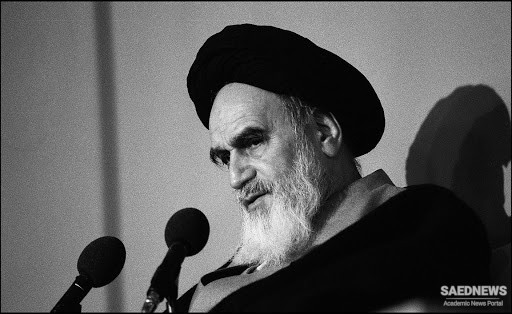Imam Khomeini, "Islamic Government: Guardianship of the Jurist": "We believe in government and believe that the Prophet was bound to appoint a successor, as he indeed did. Was a successor designated purely for the sake of expounding law? The expounding of law did not require a successor to the Prophet. He himself, after all, had expounded the laws; it would have been enough for the laws to be written down in a book and put into people’s hands to guide them in their actions. It was logically necessary for a successor to be appointed for the sake of exercising government. Law requires a person to execute it. The same holds true in all countries of the world, for the establishment of a law is of little benefit in itself and cannot secure the happiness of man. After a law is established, it is necessary also to create an executive power. If a system of law or government lacks an executive power, it is clearly deficient. Thus Islam, just as it established laws, also brought into being an executive power.There was still a further question: who was to hold the executive power? If the Prophet had not appointed a successor to assume the executive power, he would have failed to complete his mission, as the Qur’an testifies. The necessity for the implementation of divine law, the need for an executive power, and the importance of that power in fulfilling the goals of the prophetic mission and establishing a just order that would result in the happiness of mankind all of this made the appointment of a successor synonymous with the completion of the prophetic mission."


















































